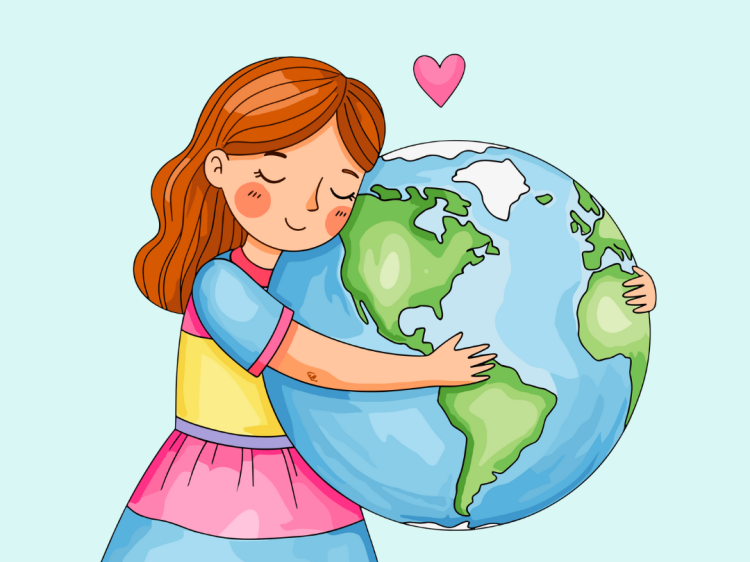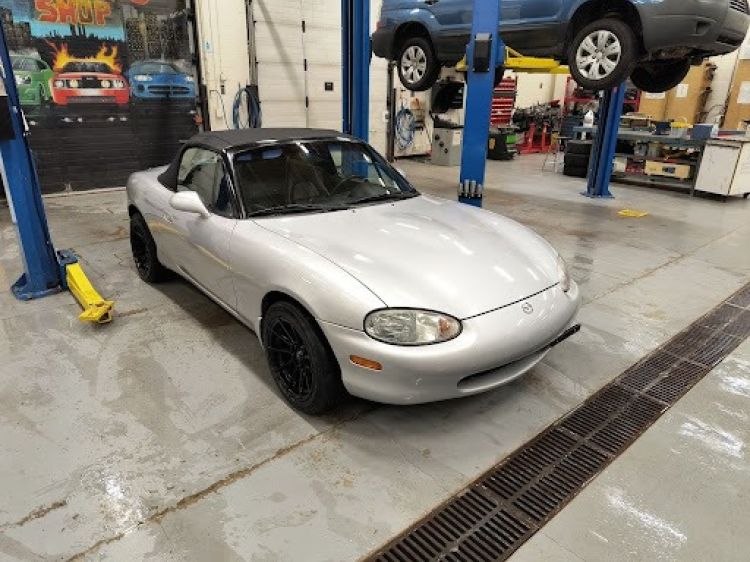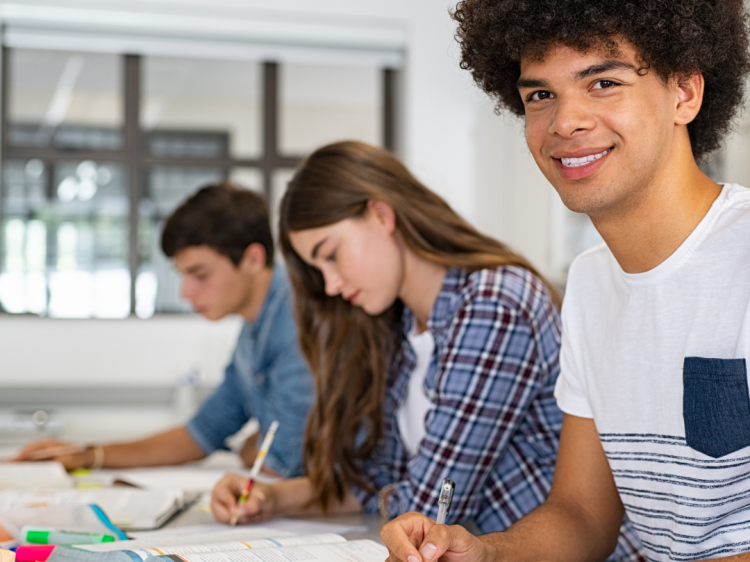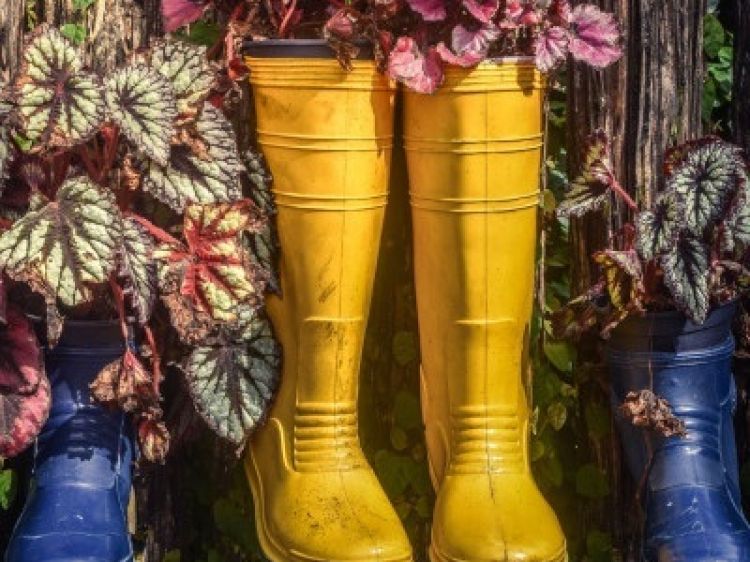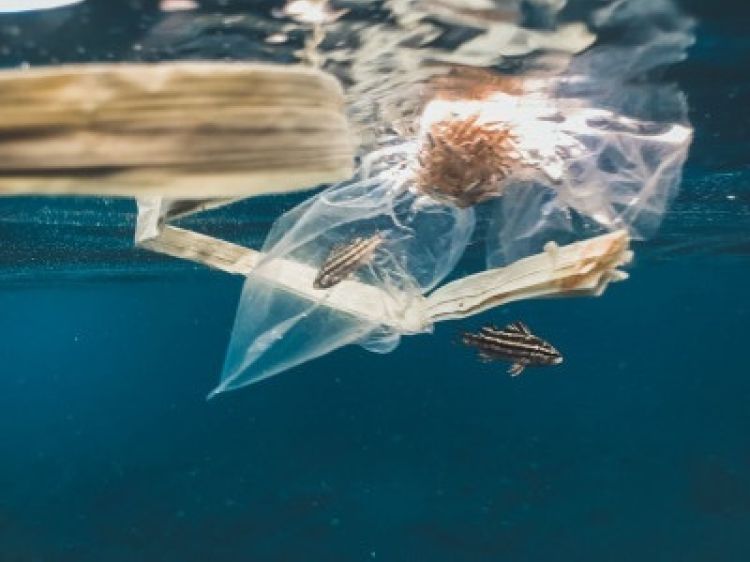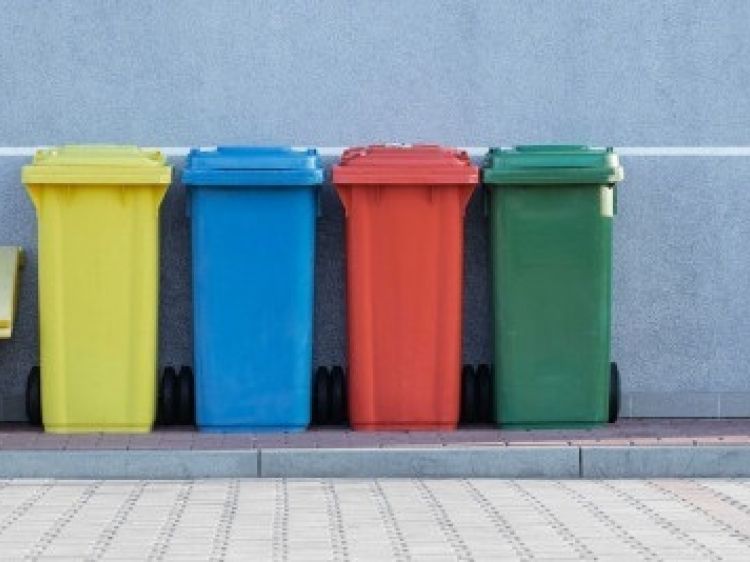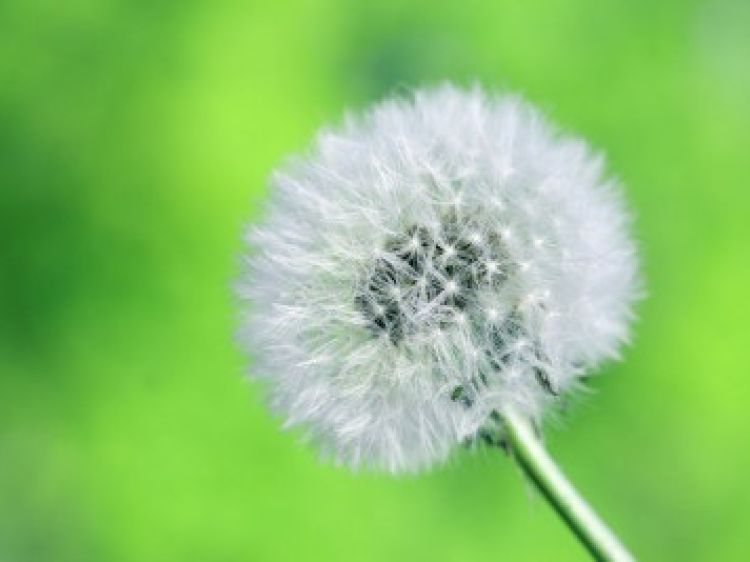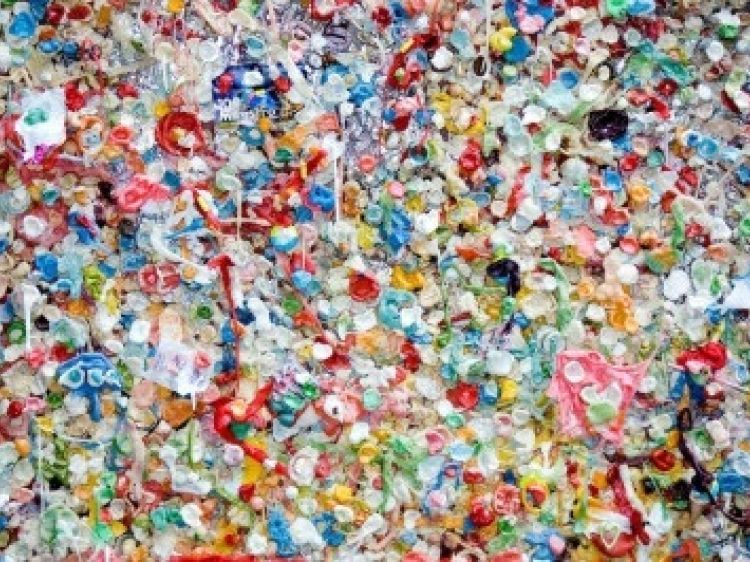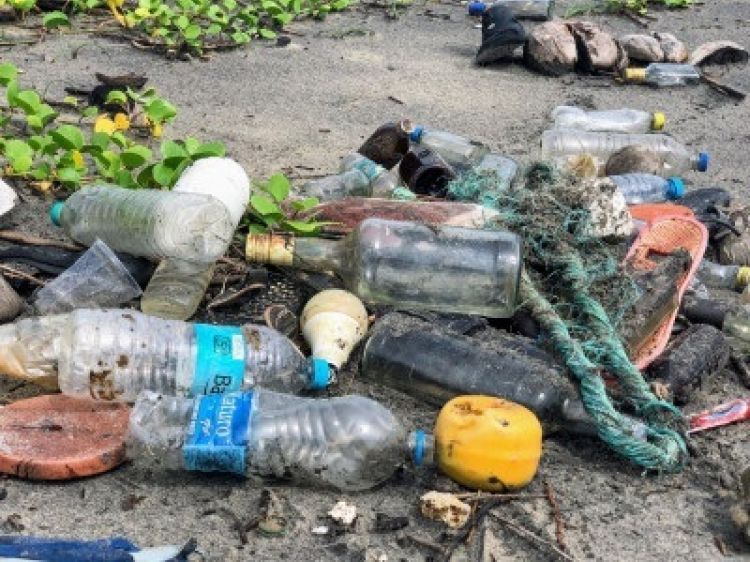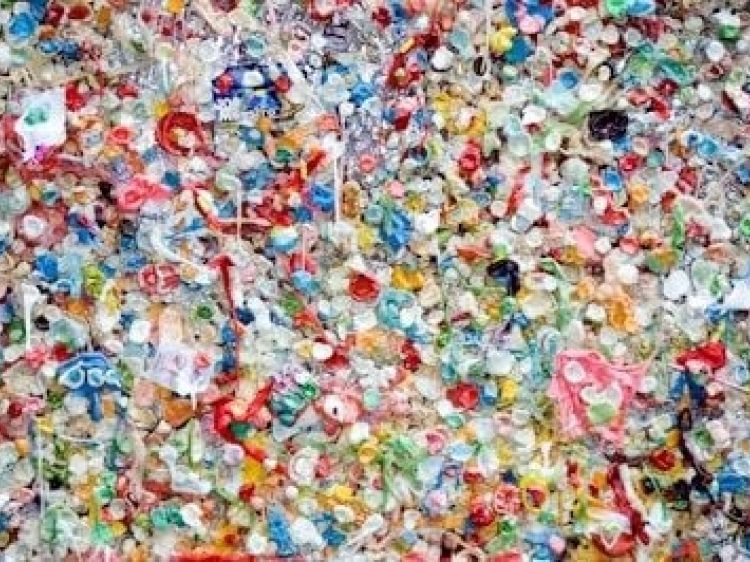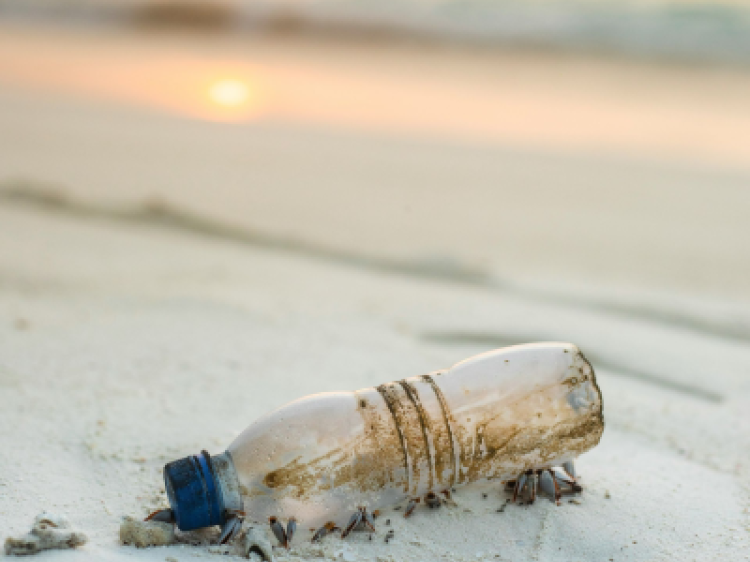Plastic Remake
Learners will explore ways in which plastic waste can be repurposed to create consumer goods. Learners will complete a make-remake activity where they will go through a design challenge to make something new out of recycled plastic.
Plastic in Our Oceans
["Learners will learn about the impacts of plastic on oceans. Learners will learn about the production of tiny plastic particles - called microplastics - and explore how microplastics end up in our environments. Learners will learn how plastic particles harm our water bodies","especially when they enter our oceans."]
Sorting Your Waste
["Learners will learn about waste management and how to sort waste correctly - learning how to identify which waste products go into their correct waste bin - i.e. recyclables","organics","garbage and so on."]
Taking Inspiration from Nature
Learners will learn about how we can take inspiration from nature to design better products and systems to eliminate plastic waste.
Types of Plastics
Learners will explore the different kinds of plastics found in our economy. Learners will learn how to identify different types of plastic by looking at the labels on household plastic products.
Why Do We Have Plastic Waste in the Environment?
Learners will explore how plastic waste ends up in the environment by looking for the sources of the problem. Learners will explore the main types of plastic waste that ends up in the environment.
Plastic Recycling
["Plastic is a popular material that we encounter on a regular basis. While some plastic objects are intended to be used only once","others are designed to last a very long time. Whatever the plastic object is","there will usually come a time when the consumer no longer needs or wants that item. Maybe it’s empty","or broken","or no longer useful. If the item can’t be reused","then at this point we’re usually encouraged to drop it off in a recycling bin.\n\nHowever","for the plastic that actually does get to a recycling facility","what happens to it? Read on to learn about two different ways that old plastic objects become ready to be made into new plastic items!"]
Le Cycle du plastique
["Les apprenants réfléchissent au cycle du plastique","à leurs effets sur l’environnement en concernent les déchets plastiques","ainsi qu'aux moyens qu’ils peuvent personnellement mettre en œuvre pour réduire le plastique dans notre environnement. Ils explorent également la manière dont notre communauté peut travailler ensemble pour réduire l’impact du plastique sur nos écosystèmes."]
The Plastic Cycle Interactive
["Learners reflect on the plastic cycle","their effects on the environment regarding plastic waste","as well as ways that they can personally reduce plastic in our environment. They will also explore how our community can work together to reduce the impact of plastic on our ecosystems."]


